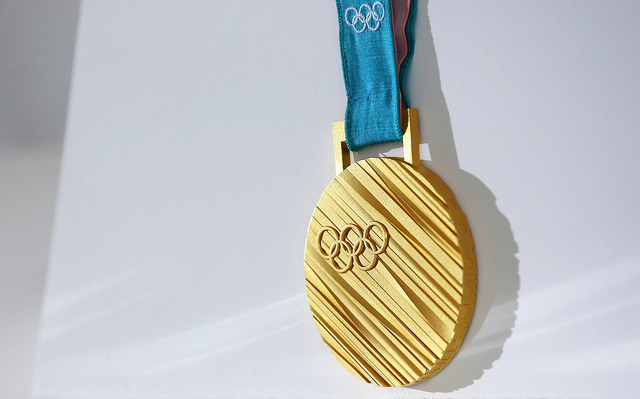
The modern Olympic Games have always had an internal tension between uniting the peoples of the world in one global competition and promoting national pride. The ideal of the Olympics can be seen in the shift between the opening ceremony’s parade of nations, with athletes entering according to the country they represent, to the closing ceremony, during which athletes enter as a single, united body. The local media emphasis, though, continually highlights the medal count by nation and the success of athletes on the nation’s team. The formation of the national team, though, raises questions about who counts as part of the nation and demonstrates the ways the national identification is something constructed, not just a natural occurrence.
In the 2018 Winter Olympics, the challenge to the nation-state is apparent in the joint Korean team, both in the opening ceremony and in the women’s hockey team. Despite significant geo-political tensions between the two Koreas (and perhaps because of those tensions), the leaders decided to emphasize a different notion of Korean nationality that ignores the two states on the peninsula and thus highlights the arbitrary, constructed nature of the contemporary nation-state. Yet, the contradictions extend further. The Korean women’s hockey team scored the first hockey goal ever by Korea in the Winter Olympics last Wednesday, but the woman who scored it is an American citizen. Randi Griffin grew up in North Carolina, attended Harvard (where she also played hockey), and has pursued a Ph.D. at Duke University. Because her mom emigrated from South Korea to the United States, the South Korean team invited her to play for South Korea, which then became the united Korean team. Perhaps this represents the Olympic spirit, but it also illustrates the complexity of maintaining a national identity despite the diversity and complicated associations of the citizens of any nation. Continue reading “Olympic-sized Imaginations”

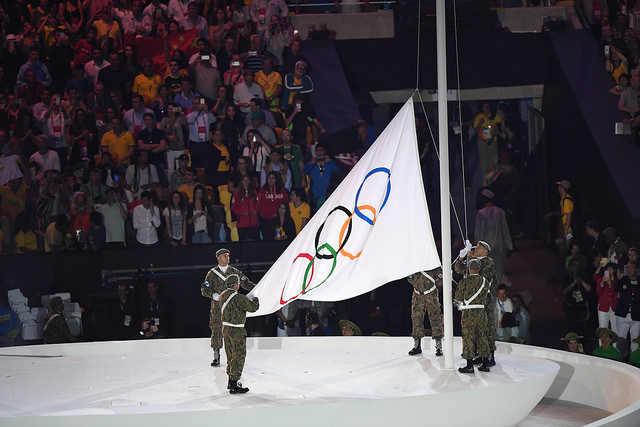
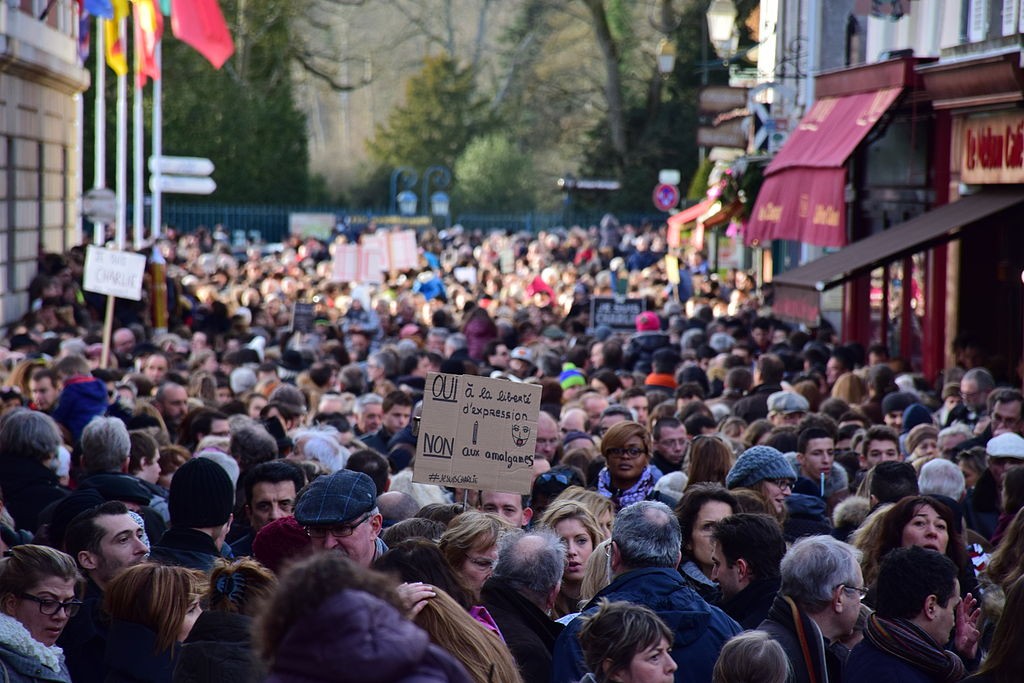 The many rallies in Paris and elsewhere yesterday provide an intriguing example of the malleability of unity as a symbol. The crowd in Paris, according to reports, was both enormous and diverse, including a range of foreign dignitaries and political leaders. In addition to various European leaders from Russia, Germany, and Britain alongside the President of France, Israeli Prime Minister Binyamin Netanyahu and Palestinian leader Mahmoud Abbas both participated. The
The many rallies in Paris and elsewhere yesterday provide an intriguing example of the malleability of unity as a symbol. The crowd in Paris, according to reports, was both enormous and diverse, including a range of foreign dignitaries and political leaders. In addition to various European leaders from Russia, Germany, and Britain alongside the President of France, Israeli Prime Minister Binyamin Netanyahu and Palestinian leader Mahmoud Abbas both participated. The 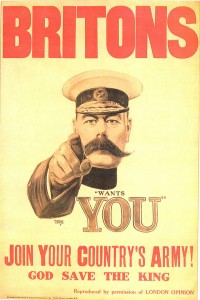 Watching “Monty Python and the Holy Grail” this weekend, I was struck by the scene where King Arthur introduces himself to a few of his subjects, who happen not to see themselves as his subjects.
Watching “Monty Python and the Holy Grail” this weekend, I was struck by the scene where King Arthur introduces himself to a few of his subjects, who happen not to see themselves as his subjects. 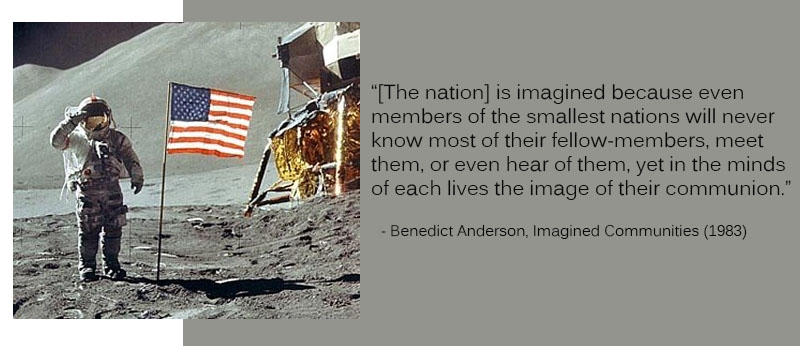 Read
Read